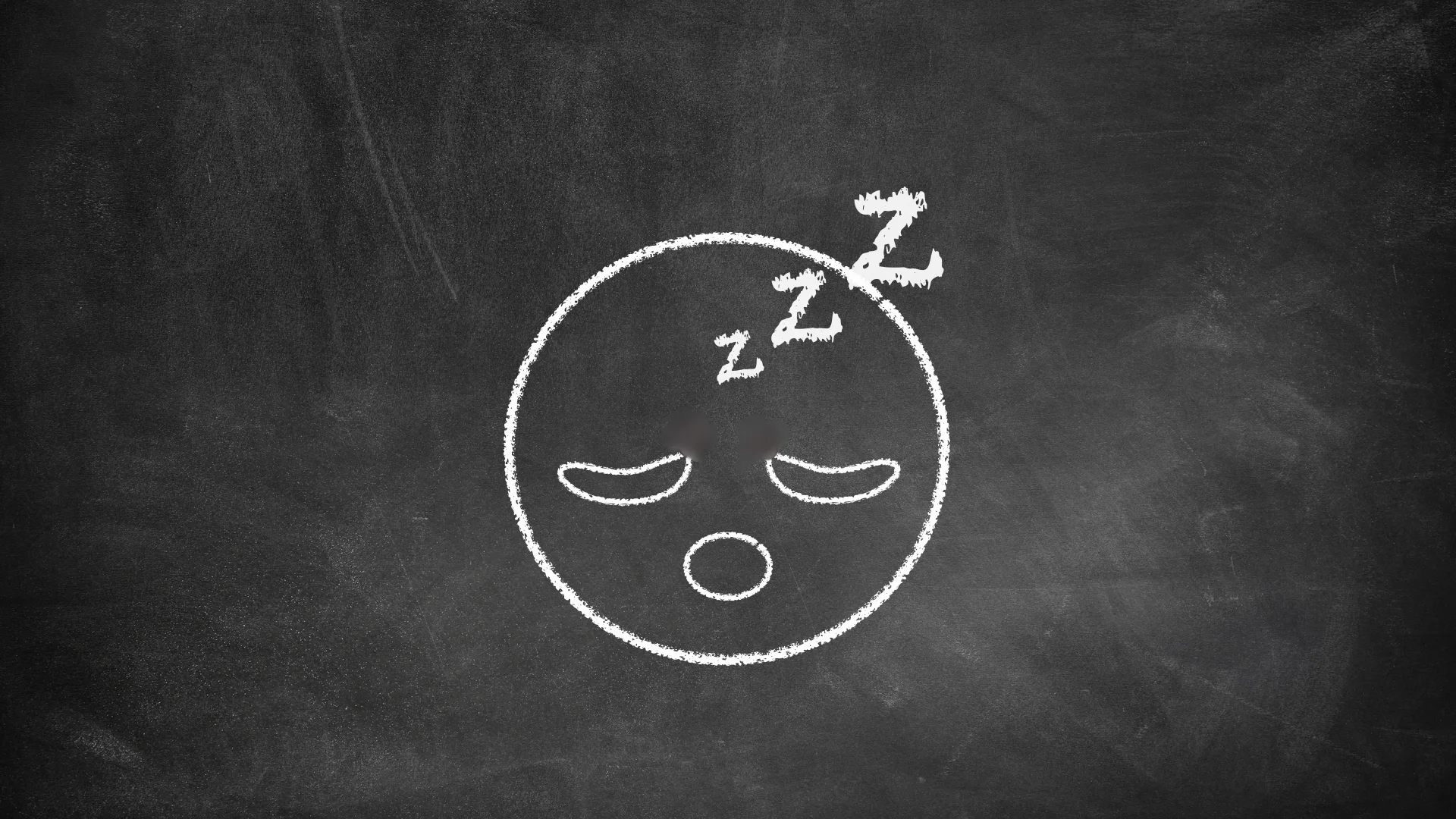We all know that getting a good nights sleep is critical for our day-to-day functioning and for our health and wellbeing. Yet millions of people don't get enough sleep, which can result initially in irritability and moodiness, as we become less able to manage our emotions. We might also see apathy, slow speech, poor memory and an inability to be novel or multitask. And in more extreme cases of sleep deprivation we could find ourselves nodding of, at the wheel for example, leading to fatal consequences. Not getting enough sleep can lead to a number of health risks, such as diabetes, obesity, heart problems, anxiety and depression. So it is important to get the recommended amounts of sleep; about 10 to 11 hours a night for kids, 8.5 to 9.25 for teens and 7 to 9 for adults, according to the Sleep Foundation.
Here are our top tips on getting a better nights sleep...
1. Consistency in key:
Have a regular switch-off time and winding down routine to help you get mentally prepared to sleep. Develop a regular bed time and go to bed at the same time each night. Avoid technology as much as possible (this may need to be a gradual weening process), especially avoid checking emails. Steer clear of caffeine, nicotine and alcohol four to six hours before bed.
2. Park it:
If you notice you have things on your mind that are stopping you from winding down ’park it’; have a pen and paper at your bedside to write down what’s ticking over and over. Then acknowledge how and when you will deal with it, and that there is nothing you can do about it at that time.
3. Acceptance:
Let your expectations go and accept that you may or may not fall asleep, either way you will do your best under the circumstances tomorrow. The worst thing you can do is to lay there stressing about it. Your brain will start to associate stress and wakefulness with your bed, which is an unhelpful routine.
4. Leave the sheep in the pen:
Stop counting sheep! It just isn’t brain friendly to lay their counting towards what feels like infinity, getting more and more stressed the higher you go. What can be more helpful is to close your eyes and visualise a giant blackboard in front of you. With a piece of your imaginary chalk write the number ‘100’ as big as you can, then with your imaginary board rubber, rub the numbers out, let your eyes move from left to right to follow the rubber’s movements, repeat with number ’99’ and continue counting downwards. It's thought the eye movements mimic those in R.E.M. and will eventually have you drifting off. In the less likely event you get to zero, just start again.
5. Get regular exercise:
Studies show that exercise is a great for getting a good nights sleep. Although the exact mechanisms aren't known, it could be related to reduced body temperatures following exercise, it might be down to burning off excess energy, helping us to clear our minds, and decrease arousal, anxiety and depressive symptoms. It might also have something to do with our circadian rhythms.
6. Check your environment
Minimise noise, light and excessive hot and cold temperatures where you sleep. Find out what conditions you need and replicate them as best as you can. Investing in the right mattress, pillow, curtains etc, is not just a practice for our top athletes. Avoid the tendency to stick to cheap and poor quality materials. We spend a lot of time in our bedrooms, if you were to live 75 years you would spend 25 years asleep, or 9,125 days. If lack of quality sleep is affecting your productivity or relationships during the day it is well worth investing more wisely.
Happy #WorldSleepDay !

